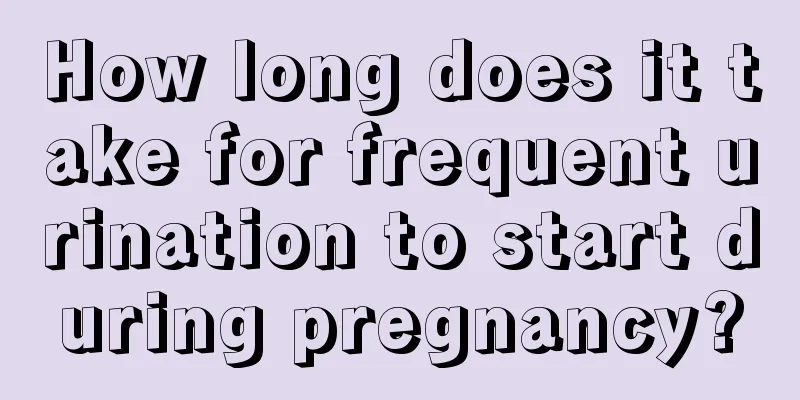What are the causes of premature ovarian failure?

|
Premature ovarian failure is a problem that women need to pay attention to. The older women are, the more attention they should pay to it. Premature ovarian failure has a lot to do with genetic factors, as well as autoimmune factors and some thyroid diseases. 1. Genetic factors Through careful analysis of family history, the incidence of familial POF has been reported to be 4% to 31% in different populations, indicating that genetic factors play a major role in POF. X chromosome abnormalities have been recognized as the main cause of POF. With the progress of molecular biology, researchers have also found more and more candidate genes related to POF on autosomes. 2. Immune factors Since the 1950s, researchers have found that 9% to 40% of POF patients have concurrent autoimmune diseases of other endocrine glands or systems, such as autoimmune thyroiditis, systemic lupus erythematosus, myasthenia gravis, hypoparathyroidism, rheumatoid arthritis, idiopathic thrombocytopenic purpura, and diabetes. POF patients often have two or more autoimmune diseases. Among all the autoimmune diseases associated with POF, thyroid disease is the most common cause, and 12% to 33% of POF patients can be detected with thyroid disease. 18% of POF patients have hereditary thyroid disease in their families. The second most common is polyglandular autoimmune disease (PAGD, Addison's disease combined with endocrine dysfunction). In PGAD type I, the incidence of POF is 17% to 50%, and in PGAD type II, the incidence of POF is 3.6% to 7%. PGAD type II includes autoimmune Addison's disease, thyroid autoimmunity and insulin-dependent diabetes, as well as others such as vitiligo, baldness, chronic atrophic gastritis, pernicious anemia, etc. The natural course of these syndromes varies, and symptoms of POF may appear before or after the onset of the disease. For example, in Addison's disease, POF usually occurs earlier than adrenal symptoms. 3. Suffered from mumps and oophoritis in childhood Having suffered from mumps and oophoritis in childhood destroyed the function of the ovaries, making the ovaries insensitive to the stimulation of the pituitary gonadotropin and failing to respond as expected. |
<<: What to eat for beauty and anti-aging
>>: What should a 45-year-old woman eat for good anti-aging effects
Recommend
How harmful is it to wear headphones for a long time?
Hearing loss, deafness, long-term wearing of head...
Missed abortion surgery process
In medicine, abortion surgery for retained dead f...
What does fluid accumulation after ovulation mean?
Gynecological diseases are very troublesome for f...
What to do if the follicle does not rupture
Unruptured follicles are a condition in which the...
Back pain, leg cramps? Try these methods
When it comes to symptoms of back pain, leg cramp...
Can Chinese medicine enema, sitz bath, acupuncture, and suppositories treat chronic prostatitis?
Author: Gao Zhan, Chief Physician, Xiyuan Hospita...
Are fluffy powder and wash-free spray the magic weapon to save oily-haired girls? Doctor: Don't use them, you'll go bald
"I found that the only thing that I have not...
What kind of bay windows cannot be smashed? How to judge whether the bay windows can be smashed?
We all know that bay windows are a common design....
[Fat Bear Science] Sudden weight gain, acne, excessive hair growth, widening of teeth...? Please go to the neurosurgery or endocrinology department for treatment!
A 27-year-old man with a height of 1.91 meters gr...
What is the matter with thick vaginal discharge?
Leucorrhea is a general term for normal vaginal s...
What to do if you have breast engorgement and fever
Many mothers will have a fever due to breast engo...
It was lukewarm in previous years, but this year it’s so hard to get a shot?
As the weather turns cooler, the peak season for ...
Come and have a look: You may have been cutting your nails wrong all along!!!
Today I want to tell you how to trim your nails c...









